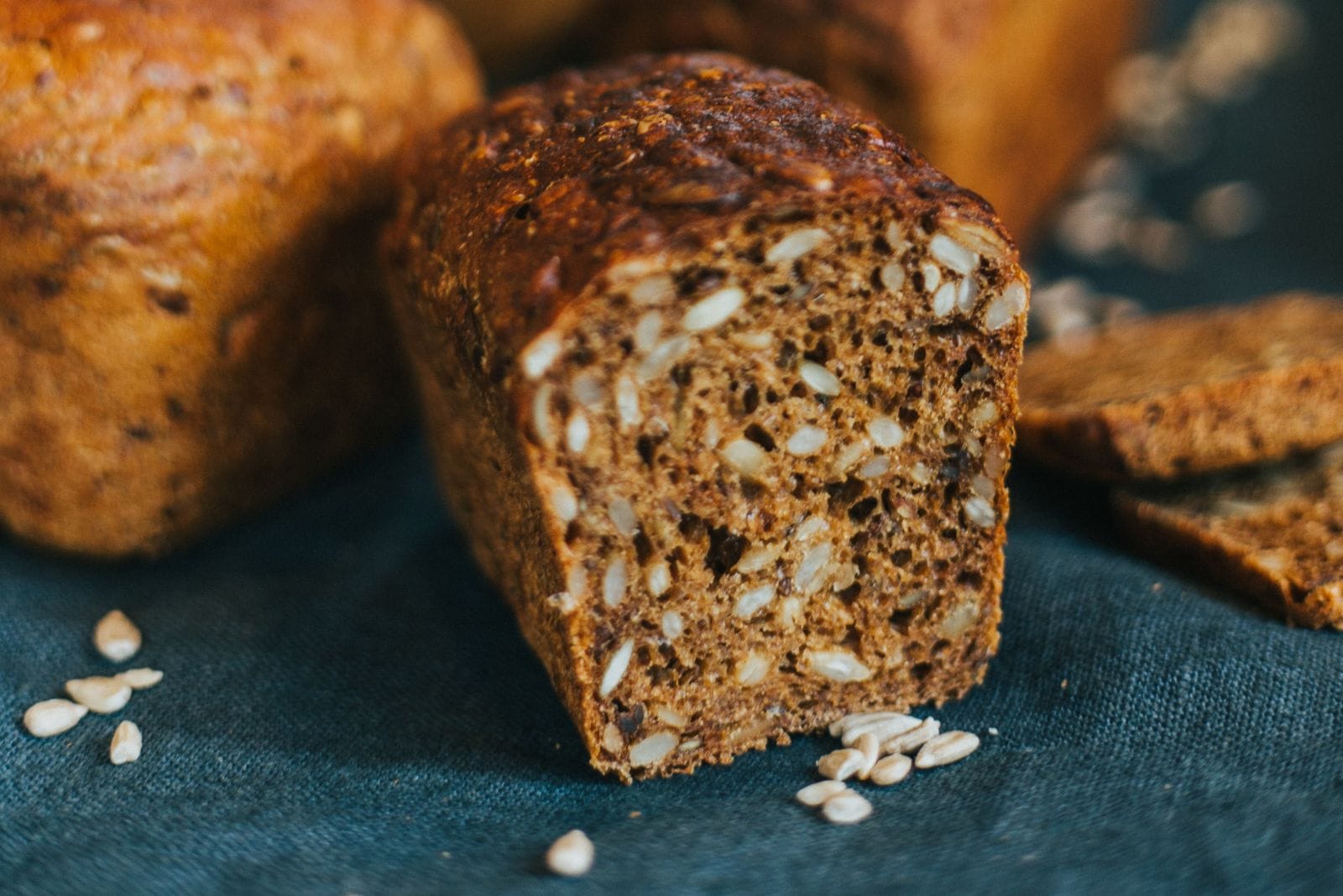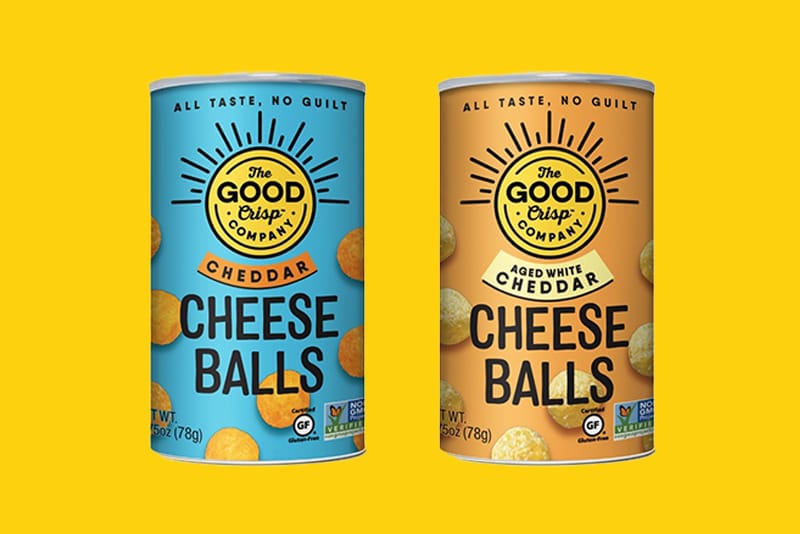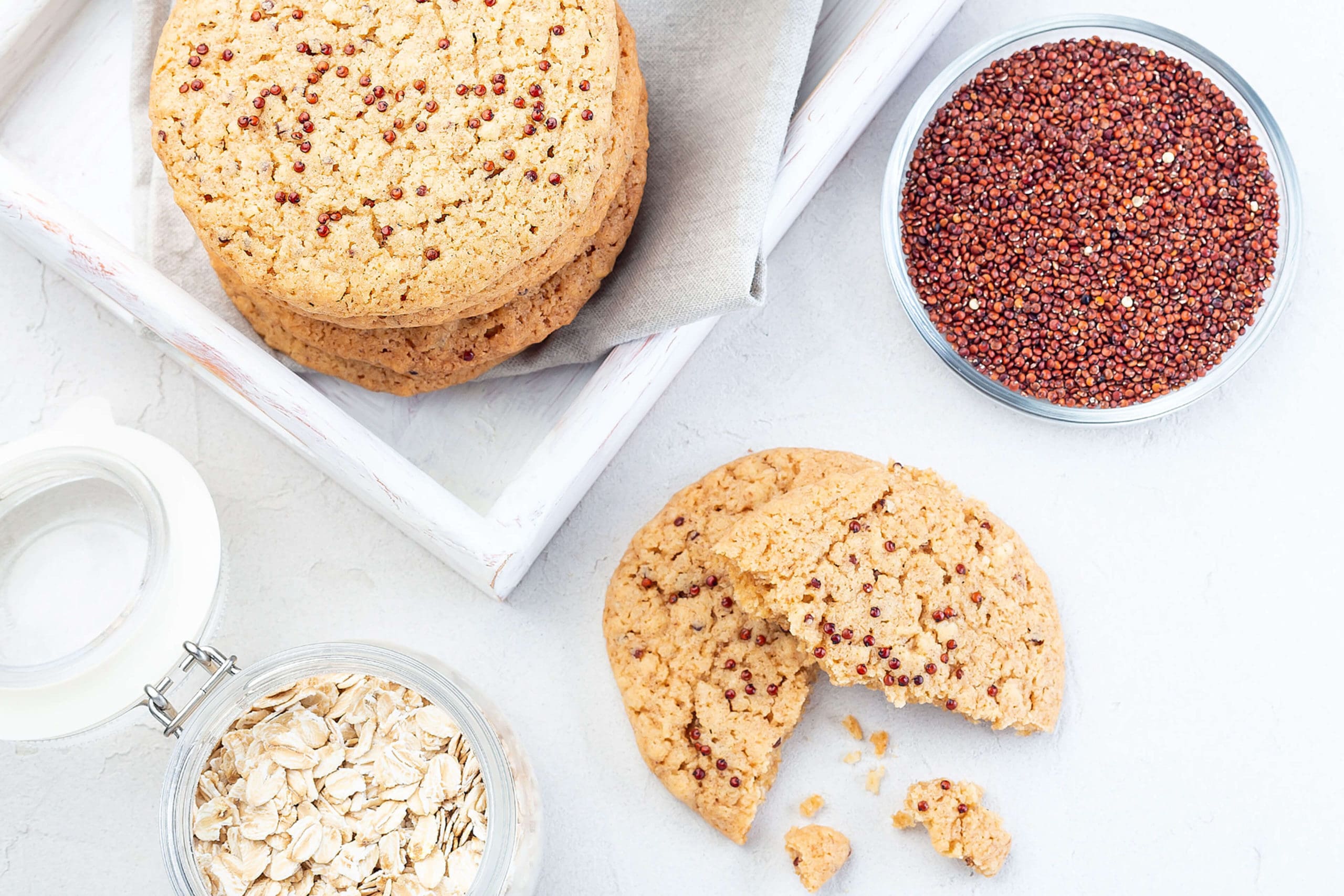SPRINGFIELD, MO — The pandemic made health top-of-mind for consumers, and many are turning to food as medicine. There are numerous ways for bakeries and snack manufacturers to elevate their products as they break into better-for-you spaces, including clean label, non-GMO and beyond.
But when it comes to immunity, the amount of information can be overwhelming. From marketers to R&D in a commercial operation, the questions can add up: What ingredients should we include? Can a flavor translate to an immune benefit? What are the best resources for ensuring our product label claims are valid?
That’s why the latest webinar from Glanbia Nutritionals, a leading supplier of nutrition solutions for the baking industry, broke down the information that bakers need to know about developing an immune product from concept to shelf.
 “There are strong global trends supporting immune health today and in the future across applications,” said Niki Kennedy, senior marketing manager at Glanbia. “Consumers want to take care of themselves while also enjoying products. [Bakers] have a variety of ingredient and flavor options to signal immunity. They can feature ingredients with a consumer association to health and well-being or highlight ingredients with direct links to immune health and make a claim.”
“There are strong global trends supporting immune health today and in the future across applications,” said Niki Kennedy, senior marketing manager at Glanbia. “Consumers want to take care of themselves while also enjoying products. [Bakers] have a variety of ingredient and flavor options to signal immunity. They can feature ingredients with a consumer association to health and well-being or highlight ingredients with direct links to immune health and make a claim.”
According to FMCG Gurus, the five ingredients most associated with immune health globally are probiotics, protein, vitamin C, iron and omega-3. These are top ingredients that commercial bakeries can consider in their formulations to capitalize on consumer wellness trends. Kennedy says snacking is one area with huge potential when it comes to functional and health benefits.
A study from FMCG Gurus shows that on the global front, snacking for comfort is highest in North America (63%), followed by South America (56%), Europe (42%) and Asia (32%). And according to a poll of the webinar attendees, most tend to grab snacks that are both nutritious and indulgent (57%), compared with those who choose comforting or indulgent snacks (18%), only nutritious snacks (16%) or those that don’t snack at all (9%).
According to FMCG Gurus, the five ingredients most associated with immune health globally are probiotics, protein, vitamin C, iron and omega-3.
The webinar also featured a Q&A section with Justin Prochnow, shareholder at the international law firm Greenburg Taurig, where he assists companies with regulatory business and legal needs in beverage, food, dietary supplements and other industries. Prochnow works closely with companies to ensure compliance with regulations enforced by the FDA, FTC and other agencies.
While immunity claims are more scrutinized by regulatory agencies, Prochnow says bakeries can stay in the clear by keeping one mantra in mind.
“I think it’s fairly easy to make permissible immunity claims, but the No. 1 thing is: You cannot make claims that suggest [your] product will diagnose, treat, cure or prevent a disease,” Prochnow said. “Claims about supporting already healthy or normal conditions are going to be safe areas.”
Prochnow suggests that companies making claims about their ingredients understand two things. First, claims about ingredients in your product are implied claims about your product. Second, that’s why enough of that ingredient should be in your product to make the claim.
“We call it the ‘fairy dust principle,’” he added. “The FDA and FTC don’t want you to sprinkle a little bit of certain ingredients in your product, then talk about all the benefits when you don’t have nearly enough. Let’s say, if studies show you need 100 milligrams of vitamin C and you only have 10 milligrams in your product, but you make statements about studies showing that vitamin C helps with your immune system. You only have 1/10 of what the study shows helps with immunity, so that’s misleading.”
He recommends companies should strive to meet the standard of competent and reliable scientific evidence to make a claim.
“I always recommend companies put together their own substantiation file, which has all the different studies available for their particular ingredient in the event that they ever get challenged,” Prochnow said. “But really, that only ever comes second to the main mantra: Don’t make disease claims for your product.”
As bakers capitalize on the benefits of functional ingredients — or even the “halo effect” consumers associate with certain claims, such as protein — there’s plenty of success to be had for early players in this growing market.
But Prochnow warns against going too far with these claims, especially for the food and beverage industries. If a product sounds too good to be true … it probably is.













